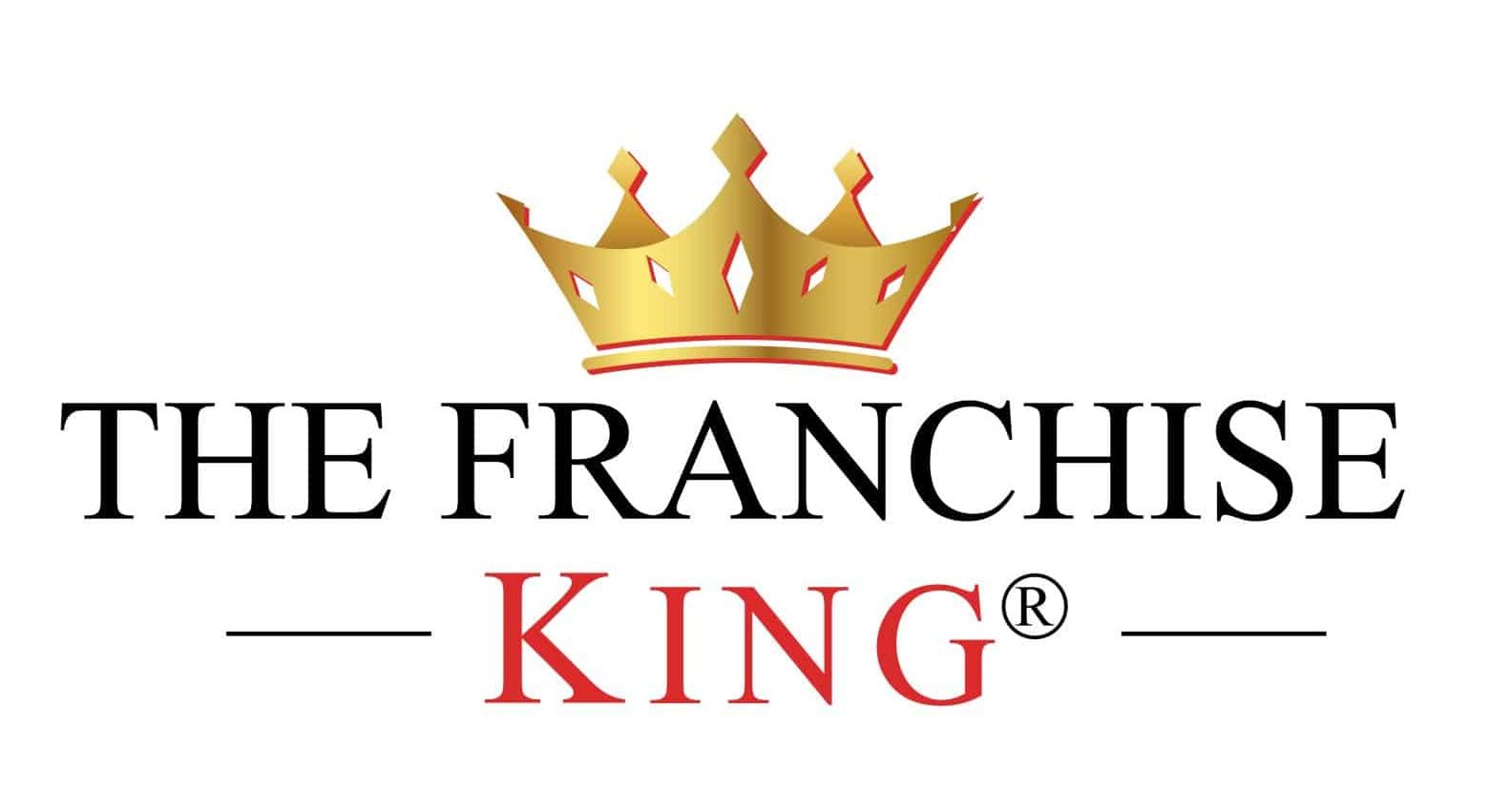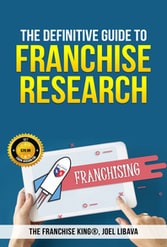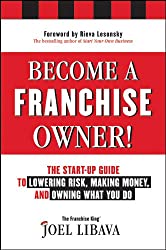
Having a franchise exit strategy is crucially important in today’s business environment.
Whether you’re entering a franchise agreement or already operating a franchise business, planning your eventual exit ensures you’re prepared for unforeseen circumstances, market changes, or personal life transitions.
Stay with me here. Because your franchise isn’t just a business; it’s a valuable asset waiting to be optimized for maximum value and then transitioned. Sold. Hear me out.
As a franchise owner, you’ve invested tremendous energy, time, and resources into building a successful business.
And my own experience shows that every entrepreneurial journey has its seasons, and knowing when and how to exit strategically can be just as crucial as the initial launch.
With that in mind. let’s dive into the essential roadmap for your franchise exit strategy. Because it’s going to happen, one way or another.
Your Franchise Exit Strategy: Recognizing the Right Time to Sell
How do you know when it’s time to step away from your franchise?
It’s not just about gut feeling—it’s about strategic timing. Watch for these critical indicators:
- Financial Performance Plateaus: When your revenue growth consistently slows and you’ve maximized current operational efficiencies
- Personal Life Changes: Retirement planning, shifting career goals, or lifestyle transitions
- Market Conditions: Favorable valuation environments or emerging industry consolidation trends
- Burnout: Losing passion or feeling overwhelmed by daily operational challenges
From John Warrillow:
To sell your business, you need to demonstrate to a buyer that you have a sales engine that will produce predictable, recurring revenue.”
Preparing Your Franchise Business For Maximum Value
Think of selling your franchise like staging a home for sale—presentation and preparation are everything. Here are strategic steps to elevate your business’s marketability and in turn, your franchise exit strategy:
1. Financial Housekeeping
- Maintain immaculate, transparent financial records
- Demonstrate consistent profitability
- Minimize unnecessary expenses
- Ensure clean, auditable tax returns
2. Operational Excellence
- Document standard operating procedures
- Create systematic training materials
- Showcase scalable business processes
- Highlight your robust team infrastructure
3. Performance Documentation
- Compile performance metrics and growth trajectories
- Collect customer testimonials and satisfaction data
- Track key performance indicators (KPIs)
- Develop a compelling narrative about your franchise’s unique strengths
This next section is important.
Franchise Sale Landmines: Mistakes to Sidestep
Valuation Pitfalls
- Emotional Pricing: Separating personal attachment from objective market value
- Incomplete Financial Representations: Ensuring full transparency in financial reporting
- Neglecting Market Comparables: Understanding how similar franchises are valued
Operational Red Flags
- Inconsistent Performance: Smoothing out performance volatility before sale
- Dependency Risks: Reducing personal dependency in daily operations
- Incomplete Documentation: Creating comprehensive operational guides
More Franchise Exit Strategy Mistakes to Avoid
Franchise owners often sabotage their sale potential through these critical missteps:
- Overvaluing the business without objective market research
- Neglecting financial documentation
- Waiting too long to prepare for the sale
- Failing to understand franchisor transfer protocols
- Attempting to sell without professional guidance
Leveraging Franchisor Support
Your franchisor can be an unexpected ally during your exit strategy for your franchise business. Most franchisors offer:
- Potential buyer screening
- Transfer assistance
- Transition support
- Potential first-right-of-refusal arrangements
Professional Guidance is Key
While this guide provides a strategic overview of your franchise exit strategy, every franchise sale is unique. Consider assembling a team of experienced experts:
- Franchise-specialized business broker
- Tax advisor
- Legal counsel familiar with franchise agreements
- Valuation specialist
The Bottom Line
Your franchise isn’t just a business—it’s a valuable asset you’ve carefully cultivated. A strategic, well-prepared franchise exit strategy can transform years of hard work into a significant financial opportunity.
Remember: The most successful franchise exits are planned; they’re not accidental.
Start preparing today, and you’ll be positioned to maximize your franchise business’s potential when it’s time to move on.
And finally, you need to begin your exit strategy planning 1-3 years before your intended sale date. Why?
Because it allows you to optimize operations, documentation, and business valuation for top dollar.
And that’s what you want, right?
About the Author
The Franchise King®, Joel Libava, is a leading franchise expert, author of "Become a Franchise Owner!" and "The Definitive Guide to Franchise Research." Featured in outlets like The New York Times, CNBC, and Franchise Direct, Joel’s no-nonsense approach as a trusted Franchise Ownership Advisor helps aspiring franchisees make smart, informed decisions in their journey to franchise ownership. He owns and operates this franchise blog.
Note: When you buy through links on this website, we may earn an affiliate commission.










